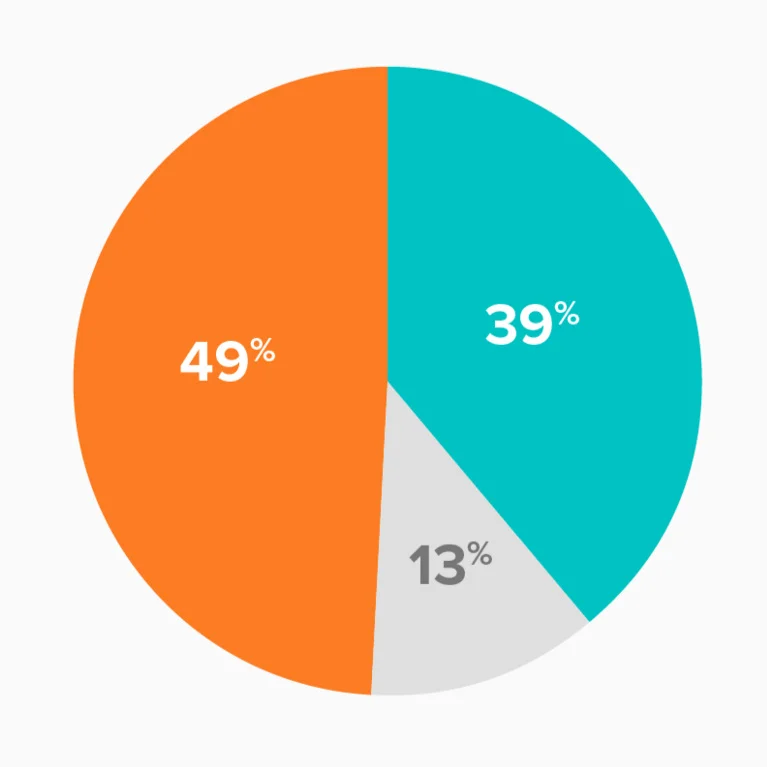Health Care in the Driver's Seat
Thinking About the Issue at the Fulcrum of American Politics
The opening of the TV series “Law and Order” explains: “In the criminal justice system, the people are represented by two separate but equally important groups: the police, who investigate crime, and the district attorneys, who prosecute the offenders.”
Health care works the same way.
It plays out through a two-sides-of-the-same coin dynamic of separate but equally important spheres: the campaigns that work to elect politicians, and the policy professionals who help craft actual laws. They are connected, but operate totally differently. The former is a world of broad polemic, the latter lives in the wonky trenches of detail; together they embody the Mario Cuomo observation that “you campaign in poetry, govern in prose.”
But crucially, as explored in the important new podcast series “Tradeoffs,”* the fate of the “complicated, costly and often counterintuitive world” of the system rests on the through line between them.
The first episode traces this connection from one side to the other, and back again: recounting how the 1993 Clinton health care reform initiative was dealt “a fatal blow” by a lack of data to inform the biggest underlying questions on cost and coverage and defend the plan against attack; which led to one of the great fiascoes in modern political history; which in turn spurred the creation of a supercharged health care model that can deliver better data. All of which takes us to the thick of today’s biggest political argument: what do next with the system in a post Affordable Care Act world, especially on the same prevailing set of core questions over cost and coverage.
Indeed this is what played out in last night’s Democratic debate (which followed the same sequence that the overall election likely will over the next 6 months: a burst of discussion on impeachment before reverting to a focus on health care) over Medicare for All versus the “public option”: what each would do to costs and coverage. And in fact, even as the debate was unfolding, the wonks in the data labs were hard at work on those questions. An hour after it concluded, the Urban Institute released a new set of numbers (and they contain some political dynamite, including that a principal difference between Medicare-for-All and the “public option” would be coverage for 7 million undocumented immigrants — this is the kind of number that can cross over from the policy world to the political and change the course of both).
This all matters so much because there is simply no more important issue in American policy, no more significant issue in American politics. Polling shows that health care is consistently a top priority of American voters. It is the most personal, the most fraught, and the most emotionally resonant issue in Americans’ lives. It formed the crux of the Democrats’ winning campaign battle plan in 2018 as well as Republicans’ Waterloo. The centerpiece of the Obama legacy. One the key drivers of the “middle class squeeze” that is hammering the majority of American families.
And obviously, at the heart of health care’s political potency is its deep meaning to swing voters. When interviewed about their concerns, uncommitted voters gravitate to the lens of health care (even when nominally talking about jobs and the economy) as when the AFL-CIO surveyed people in Ohio’s working class: “A 38-year-old mother from Wauseon, Ohio, said: ‘I have to work two part-time jobs to stay poor enough for Medicaid. Jobs in my area don’t provide adequate insurance to cover my daughter’s diabetes.’”
So it is not going too far to say as goes the health care debate, so goes the election.
Polling suggests that Democrats have the upper hand in that argument provided they don’t go overboard on single-payer solutions, since voters prioritize lowering costs and 60% don’t trust Donald Trump to do it. In fact, Republicans’ inability to craft an approach that answers the cost challenge has been the key reason that health care has been losing terrain for them. All of which is why the policy side remains an engine that will continue to shape the terms of the coming political fight…and that story is still unfolding, with candidates soon to be “drowning in data.” It is hard to predict how it will play out, but this much is certain – there is nothing more deserving of our attention.
* Full disclosure: Tradeoffs is Executive Produced and Hosted by Dan Gorenstein, former senior reporter for Marketplace’s Health Desk, who is a personal friend. My sister Victoria Stern has also worked as an editor.



